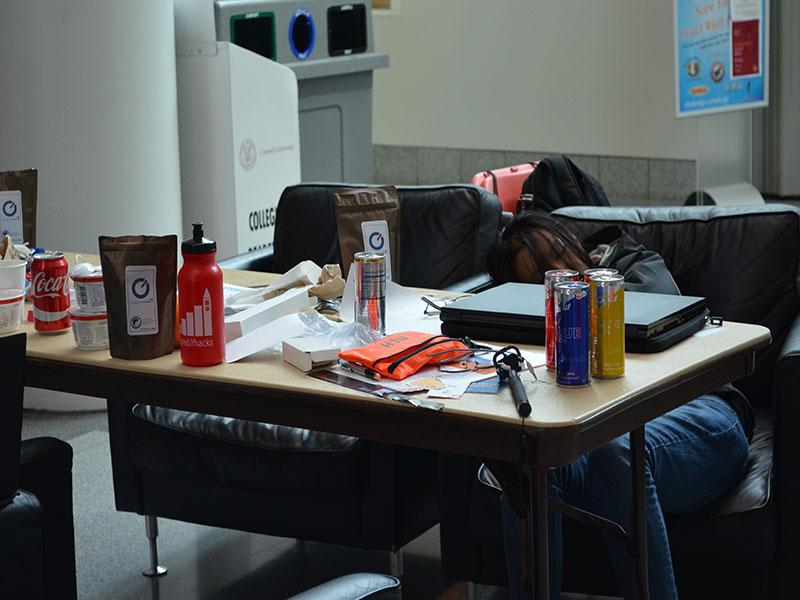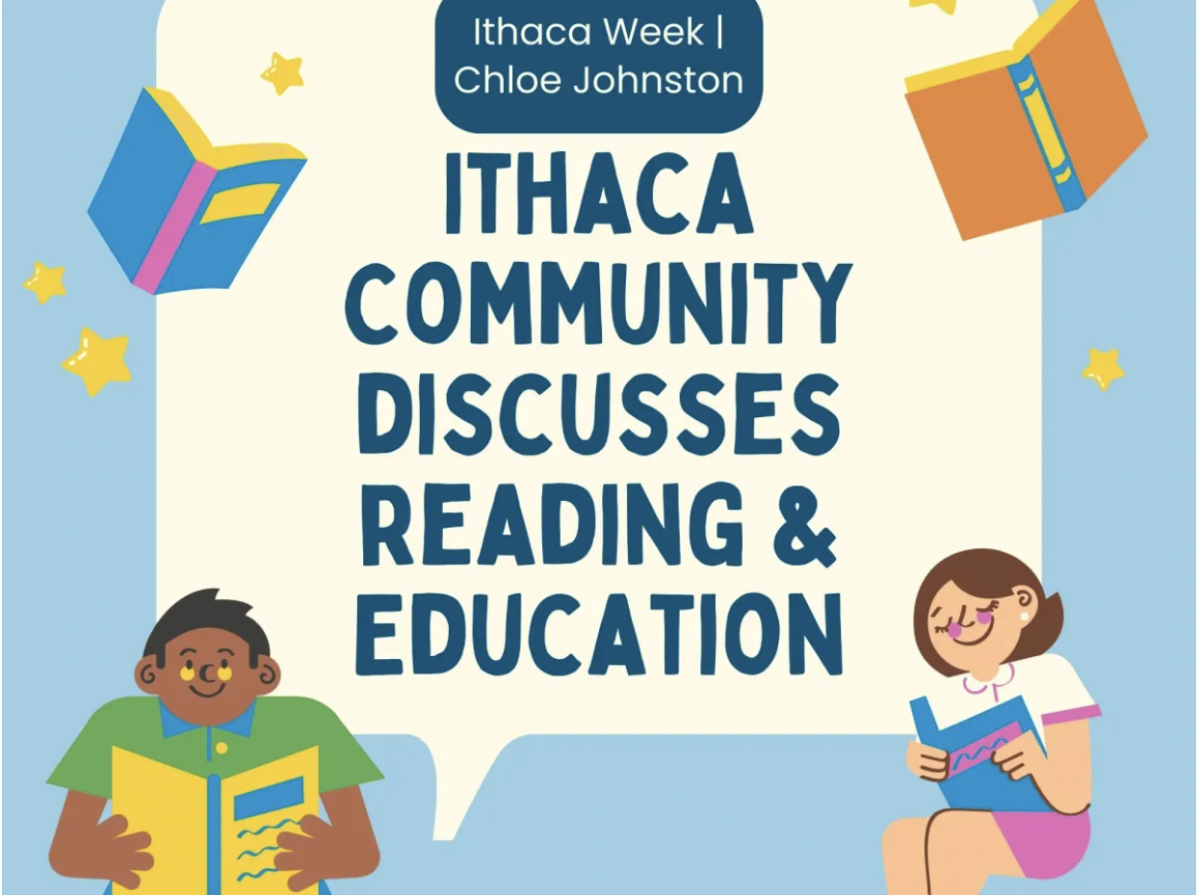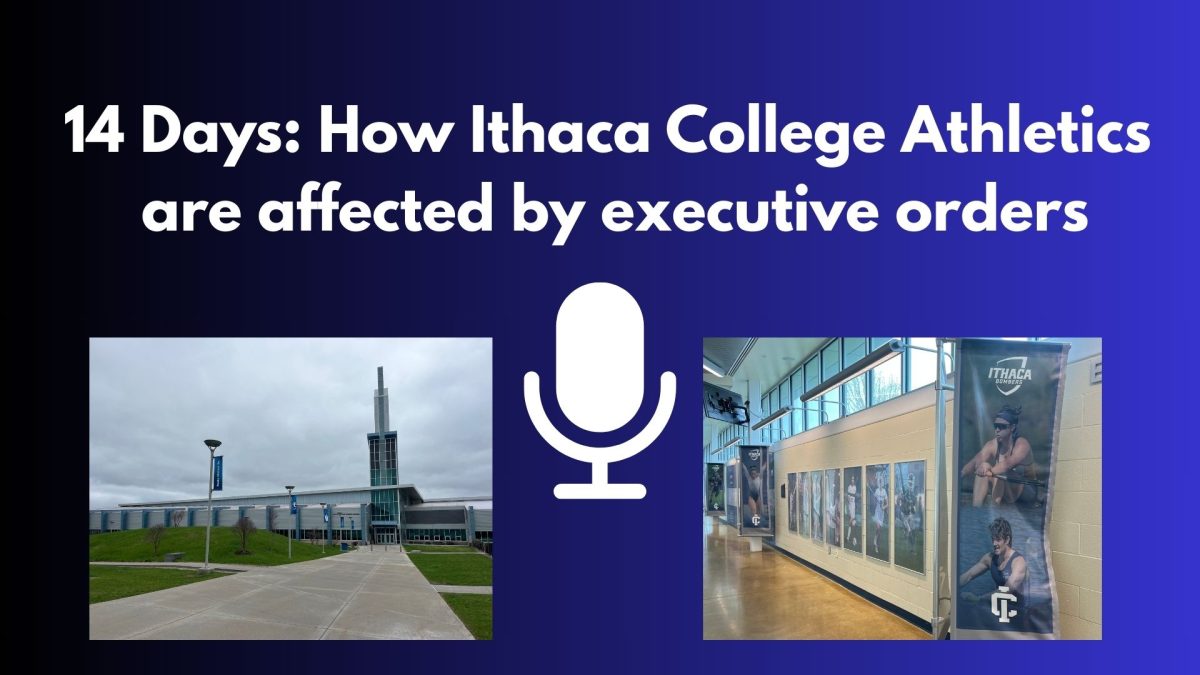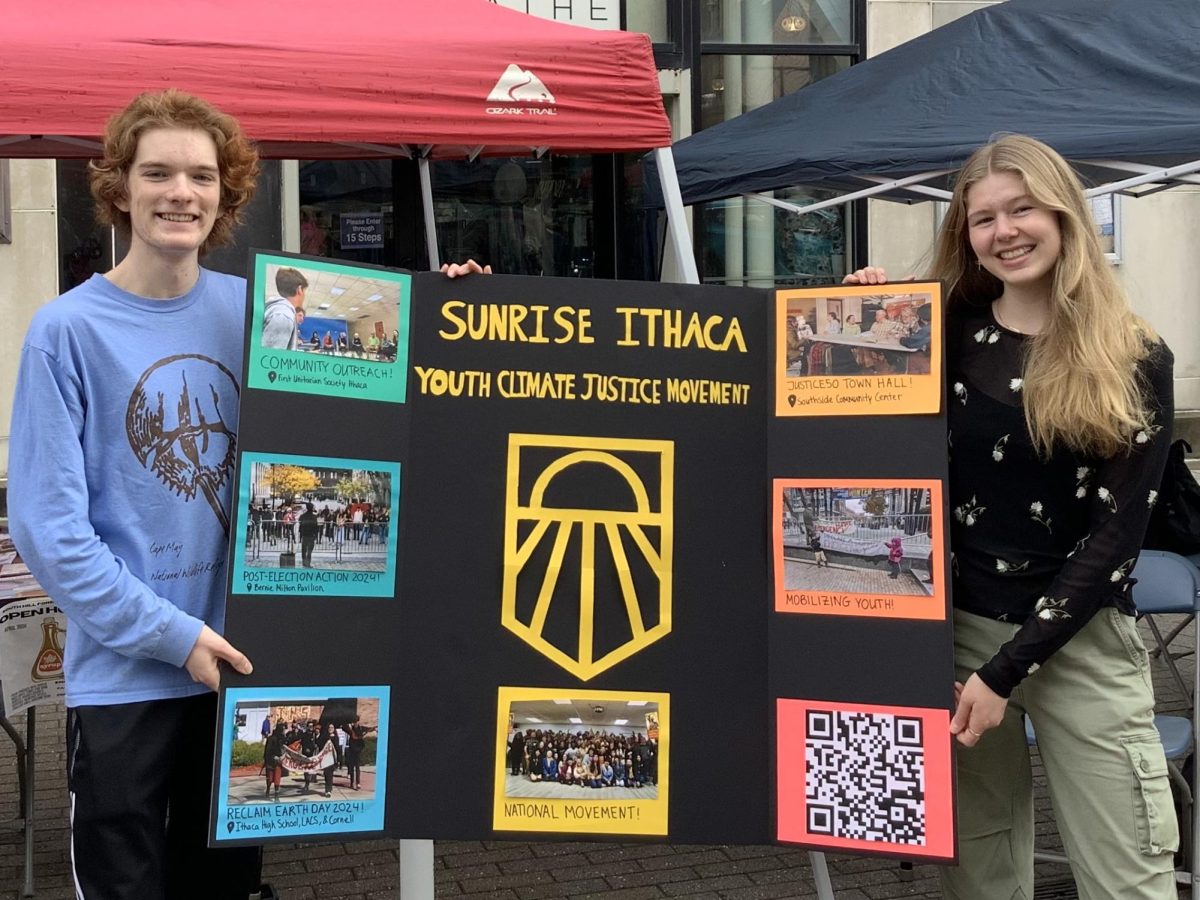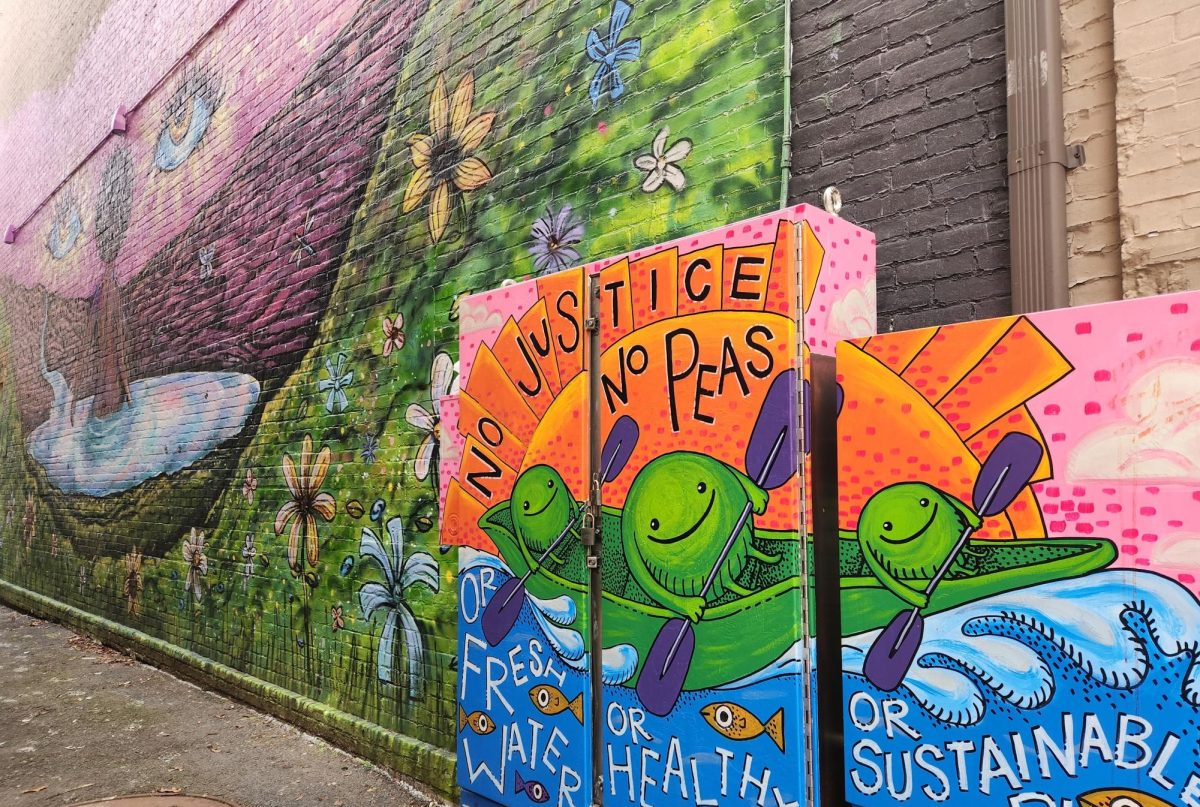Students from universities across the Northeast gathered to take part in the second annual BigRed//Hacks hackathon at Cornell University, working nonstop from 8 p.m. on Friday, Sept. 18 to 8 a.m. on Monday, Sept. 20.
About 360 students competed for a variety of prizes donated by sponsors, including gift cards, swag bags and company credit.
The hackathon has been more than just a competition. It also served as a way for students to promote their work and interact with potential and prospective employers.
“These are great networking events,” said co-organizer Junia George, who is a junior at Cornell. “Basically it’s a 48-hour interview process if you’re trying to learn something from a mentor. Like you’re just sitting down with someone who possibly has pull at their company.”
While the term “hacker” carries a negative connotation in popular culture, events like these help in changing that popular and incorrect opinion.
“Nowadays mainstream media has turned hacking into some evil thing where like, a kid in his basement is breaking into the government,” said Carl Domingo, a community ambassador for Major League Hacking and recent graduate of Rochester Institute of Technology.
Cornell junior Leon Zaruvinsky, co-organizer, agreed that being a hacker, and more generally someone in the computer science community, calls a specific image to mind.
“These events always have a stigma of like, these really dirty guys—only guys—just sitting there and stinking up and hacking,” said Zaruvinsky. “Events like these…show that this community is a lot more diverse than that.”
Domingo says that, traditionally, a “hacker” is someone who bends the rules. He cites Apple founders Steve Jobs and Steve Wozniak as examples of early hackers.
“[They] just took a bunch of parts and just threw them together even though that’s not what they were meant for and they managed to make an actual computer out of it,” said Domingo. “The idea is a very maker-based culture.”
The event required months of preparation in order to find sponsors.
“The hackers get the chance to learn from sponsors. They get to hack with full-time software developers,” Zaruvinsky said. “Our goal is to find sponsors that we feel would be a good contribution to the event.”
Companies such as Capital One, Uber, Priceline, Bloomberg, among others, sent their developers to BigRed//Hacks this year as mentors. The mentors presented their APIs, or application program interfaces, to the participants and invited them to create a new hack that the company may pursue.
“Somebody stopped by and I helped them animate something in their application. For me, that’s rewarding,” said John Masse, a development manager at Priceline.com. “We’re looking for talent. We’re looking for people that could come into the company and start contributing.”
Participant Kyler Ruvane said that he benefitted from the help of a mentor from Capital One.
“We were planning on doing something that was probably beyond our skill and [a mentor] talked to us about what was actually doable, so that was really helpful.”
Ruvane’s teammate, Lona Sharpstene, said that a mentor from Priceline was ready and willing to help them even though they chose not to use Priceline’s API.
The sponsors and event organizers are dedicated in making the event affordable for students to partake in by covering expenses, making the experience for students much more affordable.
“Everything is free for the participants,” said Zaruvinsky. “The transportation—busses—we pay for everything.”
George said that she and Zaruvinsky have a lot of ideas in the works for next year, but they’d mostly like to spread the word and make BigRed//Hacks a destination hackathon for people further away.
“Being able to fly people in is something that we’re looking into,” said George. “If [a participant] booked a flight we’d reimburse them. It’s been a lot about building up the capital to pay for those flights.”

